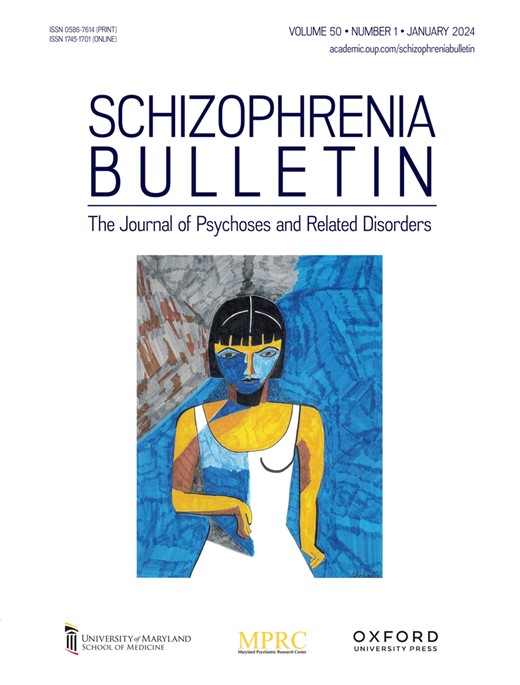Considerations for Streamlining the Pathway Toward Approval of a Cognition Enhancer for Schizophrenia
IF 5.3
1区 医学
Q1 PSYCHIATRY
引用次数: 0
Abstract
Given the difficulties of developing cognitive enhancers for schizophrenia and demonstrating their efficacy, we welcome a review of the measurement procedures and the clinical trial design recommendations developed through the collaboration of academics, industry, National Institute of Mental Health (NIMH), and U.S.A. Food and Drug Administration (FDA) representatives during the Measurement and Treatment Research to Improve Cognition in Schizophrenia (MATRICS) process. We provide a perspective from investigators who helped to lead the MATRICS initiative. We acknowledge some of the practical challenges in the use of the MATRICS Consensus Cognitive Battery (MCCB) while pointing out that others are overstated. We suggest that a brief MCCB might be used in phase III trials when phase II results had shown no negative impact on any MCCB cognitive domain. The complexities of requiring a functional co-primary measure are discussed. For clinical trial research design to evaluate monotherapies that might have both antipsychotic and cognition-enhancing properties, we agree that the original MATRICS design recommendations may need to be revised, as those recommendations focused on the evaluation of potential adjunctive cognitive enhancers. Horan et al provide a thoughtful summary of the current challenges in obtaining approval for a new drug designed to enhance cognition in schizophrenia.求助全文
约1分钟内获得全文
求助全文
来源期刊

Schizophrenia Bulletin
医学-精神病学
CiteScore
11.40
自引率
6.10%
发文量
163
审稿时长
4-8 weeks
期刊介绍:
Schizophrenia Bulletin seeks to review recent developments and empirically based hypotheses regarding the etiology and treatment of schizophrenia. We view the field as broad and deep, and will publish new knowledge ranging from the molecular basis to social and cultural factors. We will give new emphasis to translational reports which simultaneously highlight basic neurobiological mechanisms and clinical manifestations. Some of the Bulletin content is invited as special features or manuscripts organized as a theme by special guest editors. Most pages of the Bulletin are devoted to unsolicited manuscripts of high quality that report original data or where we can provide a special venue for a major study or workshop report. Supplement issues are sometimes provided for manuscripts reporting from a recent conference.
 求助内容:
求助内容: 应助结果提醒方式:
应助结果提醒方式:


